WILLS POINT, TX — Gospel for Asia (GFA World) founded by K.P. Yohannan, which inspired numerous charities like Gospel for Asia Canada – Discussing new report stating how COVID 19 pandemic has “cemented human trafficking as the 3rd biggest illicit trade on the planet.”
COVID-19 is feeding the “growing evil” of human trafficking, pulling more of the world’s children into slavery and sexual exploitation, a new report reveals. The pandemic has “cemented human trafficking as the third biggest illicit trade on the planet, behind illegal arms sales and drugs,” says the report by Texas-based humanitarian agency Gospel for Asia (GFA World).
“The global pandemic has only heightened the desperation of those at risk and deepened the cunning of the traffickers,” says the report, (https://www.gfa.org/press/human-trafficking/), citing worsening poverty and hunger as key drivers of the $150 billion a year global slave trade.
“The horrific exploitation of children and young adults for sex and forced labor is the most vile crime,” said GFA World founder K.P. Yohannan. “We must act now to cut off this growing evil.”
Travel and border restrictions — intended to slow the spread of the virus — have driven traffickers underground and made victims more difficult to identify, the report says. Of the estimated 20-30 million slaves in the world today, four out of every five are women or girls.
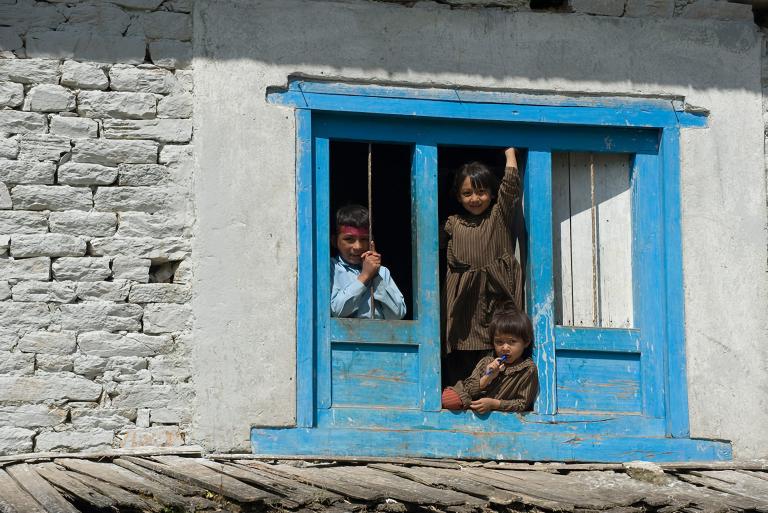
A Wider Net
The surge in online activity due to lockdowns is giving traffickers a wider net to entrap potential victims, including children. Police in Canada warn that “chatter in dark web forums” shows predators view the pandemic as an opportunity to lure children into the sex industry.
In some parts of Asia, traffickers enlist or coerce parents and other relatives to sell their children to “placement agencies” — fronts for domestic slavery.
Predators are even “masquerading as helpers” to find new victims. “Forced prostitution and chosen sex work are going to acquire a new momentum in the post-COVID-19 world,” the report says.
Interpol, the international police agency, says the pandemic “has not blunted the determination of organized crime groups to prey on the vulnerable.”
Traffickers are taking even greater risks, too often resulting in the tragic deaths of their victims. In March, 64 African migrants suffocated in a shipping container; in May, 39 Vietnamese migrants were found dead in a refrigerated truck in England; and in June, a former official in Arkansas pleaded guilty to smuggling women into the U.S. to put their babies up for adoption.
In Europe’s lucrative soccer industry, it’s estimated there are 15,000 trafficking victims every year.
Emergency Interceptors
Faith-based humanitarian groups like GFA World and International Justice Mission are on the frontlines in the fight against slavery — with GFA World’s indigenous workers acting as “emergency interceptors” in city slums and remote villages where millions are easy prey for predators.
“Through vocational training for women, protecting girls by providing safe water access, and our Bridge of Hope children’s program, we’re saving tens of thousands from falling victim to traffickers,” said Yohannan, author of Never Give Up. “This is how we confront the evil of human trafficking head-on, and show people the love of God.”
Read another story on how the Lord is using Gospel for Asia to bring relief to those in need during COVID 19.
Those interested in supporting GFA World’s COVID 19 relief efforts in Asia, should go to: http://www.gfa.org/press/covid-19.
Media interested in interviews with Gospel For Asia should contact Gregg Wooding at InChrist Communications @ 972-567-7660 or [email protected]
About Gospel for Asia
Gospel for Asia (GFA World) is a leading faith-based mission agency, helping national workers bring vital assistance and spiritual hope to millions across Asia, especially to those who have yet to hear about the love of God. In GFA’s latest yearly report, this included more than 70,000 sponsored children, free medical camps conducted in more than 1,200 villages and remote communities, over 4,800 clean water wells drilled, over 12,000 water filters installed, income-generating Christmas gifts for more than 260,000 needy families, and spiritual teaching available in 110 languages in 14 nations through radio ministry. For all the latest news, visit our Press Room at https://press.gfa.org/news.
Learn more by reading these Special Reports:
- Child Labor: Not Gone, but Forgotten — Millions of Children Trapped between Extreme Poverty and the Profits of Others
- Seeking Justice and Defending Human Rights — Wherever Poverty and Oppression Exist
KP Yohannan has issued two statements about the COVID-19 situation found here and here.
GFA’s Statement About Coronavirus
Click here, to read more blogs on Patheos from Gospel for Asia.
Learn more about Gospel for Asia: Facebook | YouTube | Instagram | LinkedIn | SourceWatch | Integrity | Lawsuit Update | 5 Distinctives | 6 Remarkable Facts | 10 Milestones | Media Room | Open Defecation | Endorsements | 40th Anniversary | Lawsuit Response |
Notable News about Gospel for Asia: FoxNews, ChristianPost, NYPost, MissionsBox
Source: GFA World Press Room, COVID-19 ‘Feeds Slave Trade, Sexual Exploitation’ Says Gospel for Asia (GFA World)


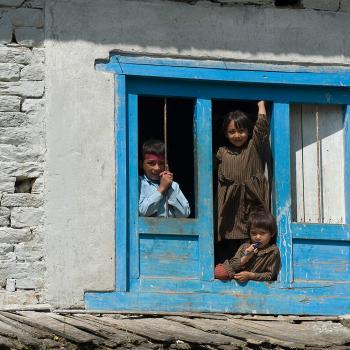
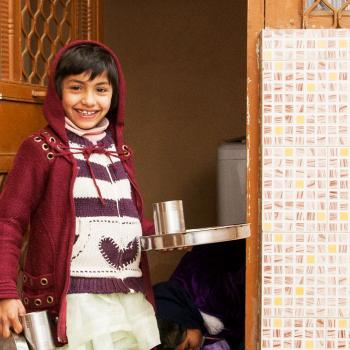
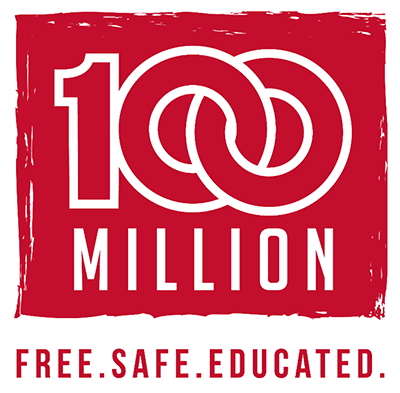
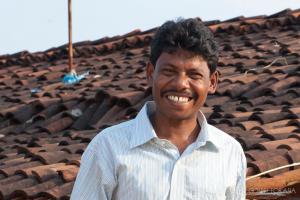

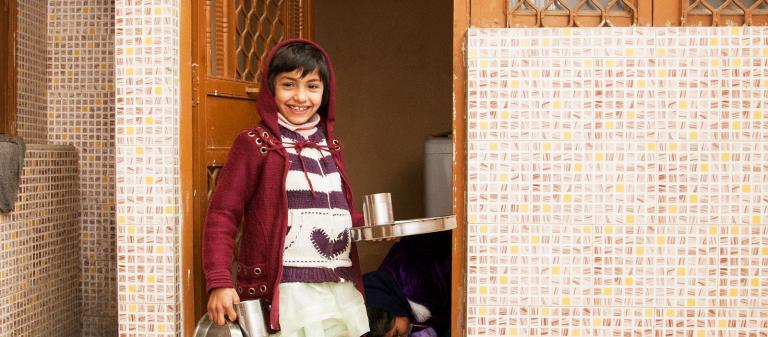
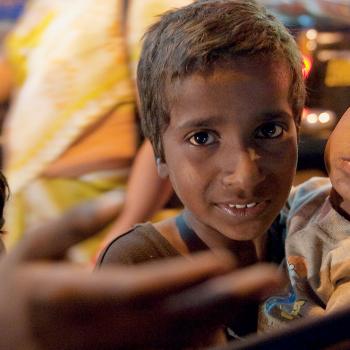


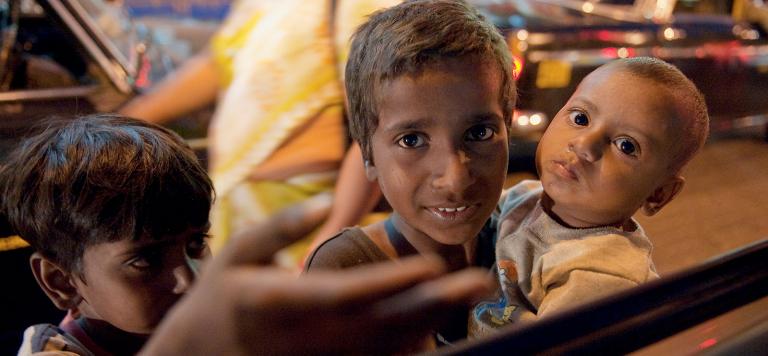
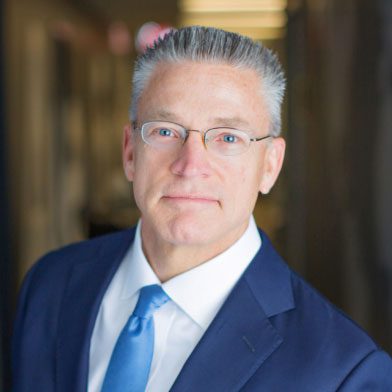
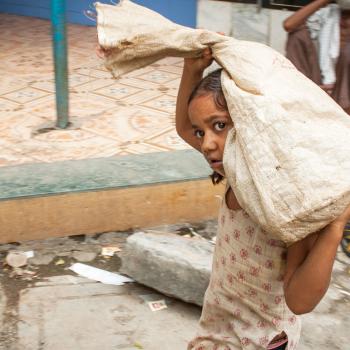
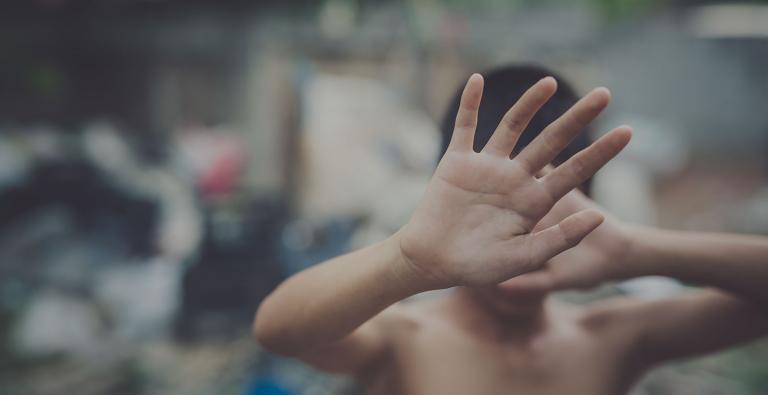
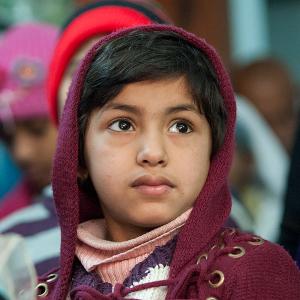 Instead of well-paying jobs, they found themselves enduring beatings and threats as they labored on a farm alongside scores of other sub-Saharan Africans, locked in at night to keep them from escaping.
Instead of well-paying jobs, they found themselves enduring beatings and threats as they labored on a farm alongside scores of other sub-Saharan Africans, locked in at night to keep them from escaping.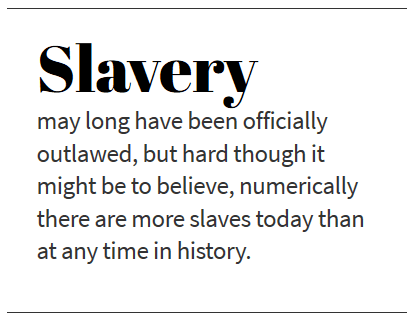
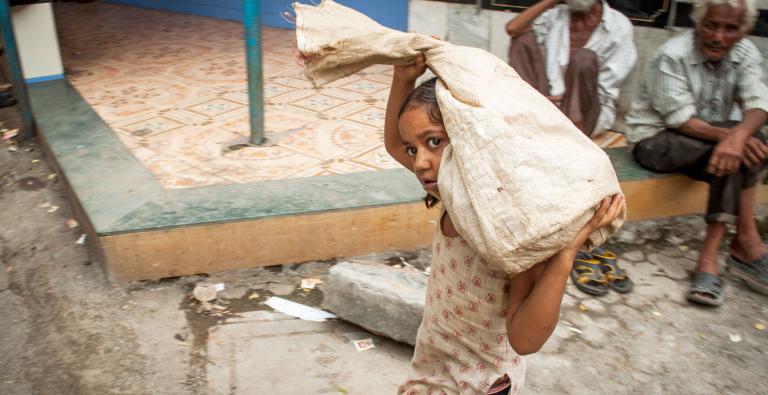
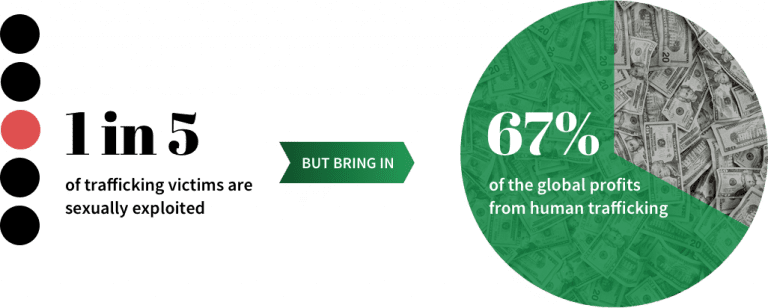

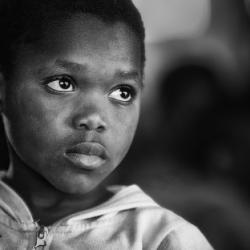
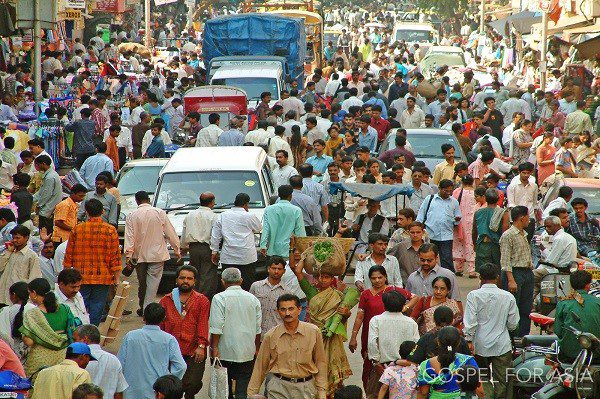
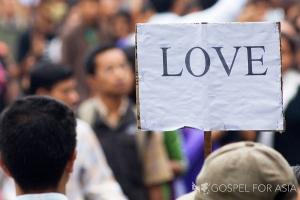 fatherless and all those in need. And so, we must go.
fatherless and all those in need. And so, we must go.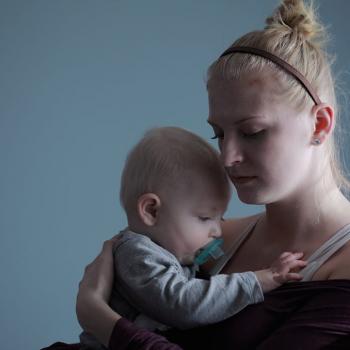

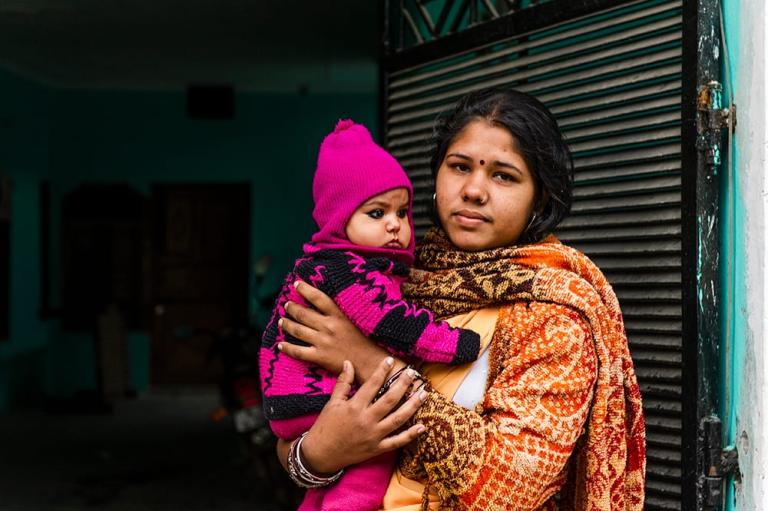
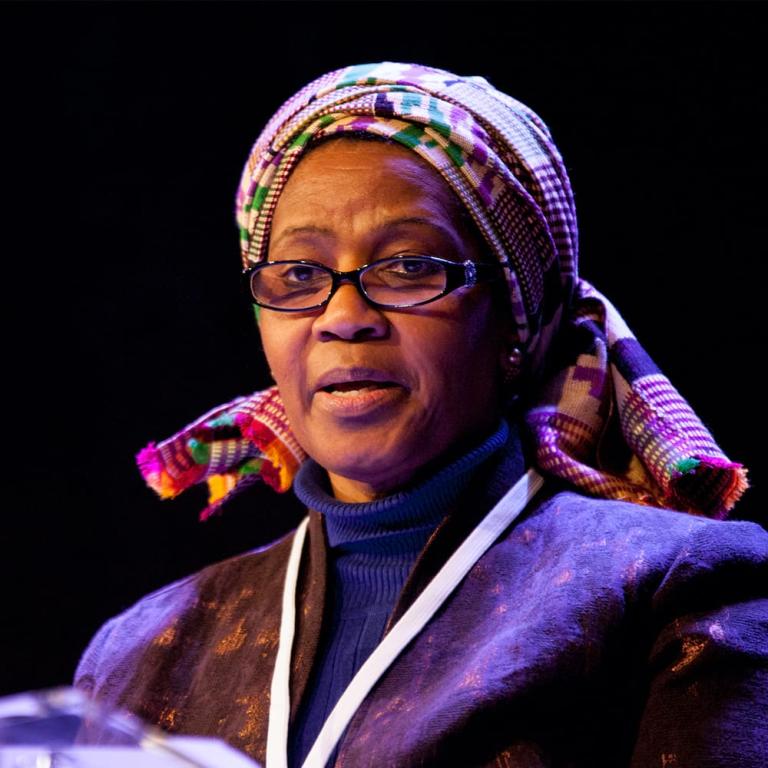

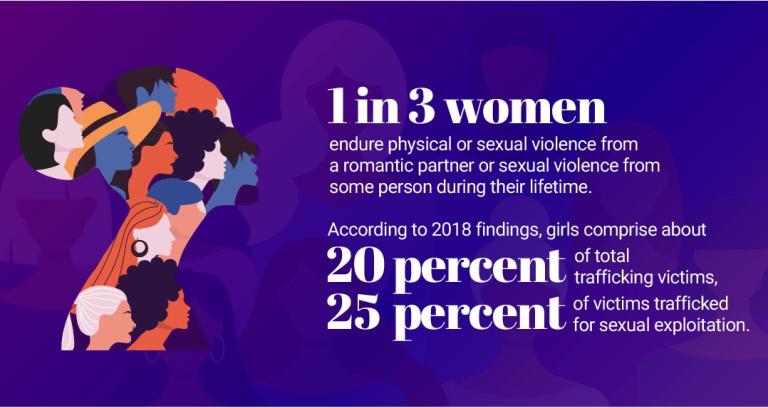

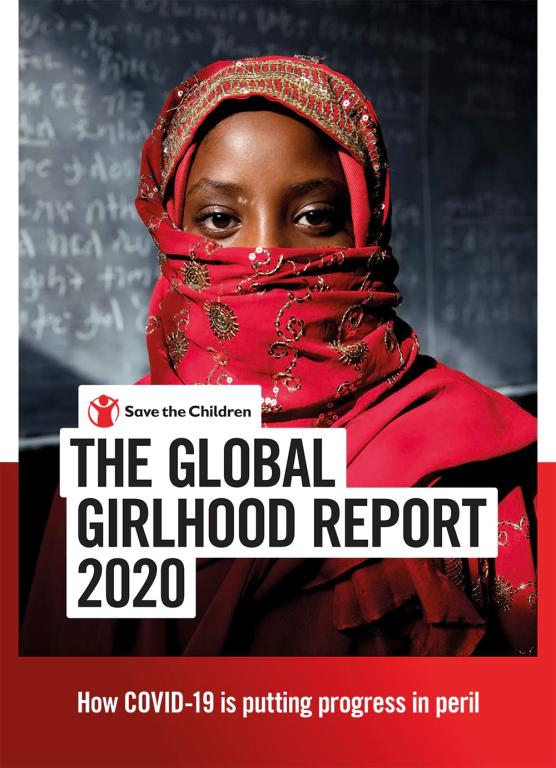
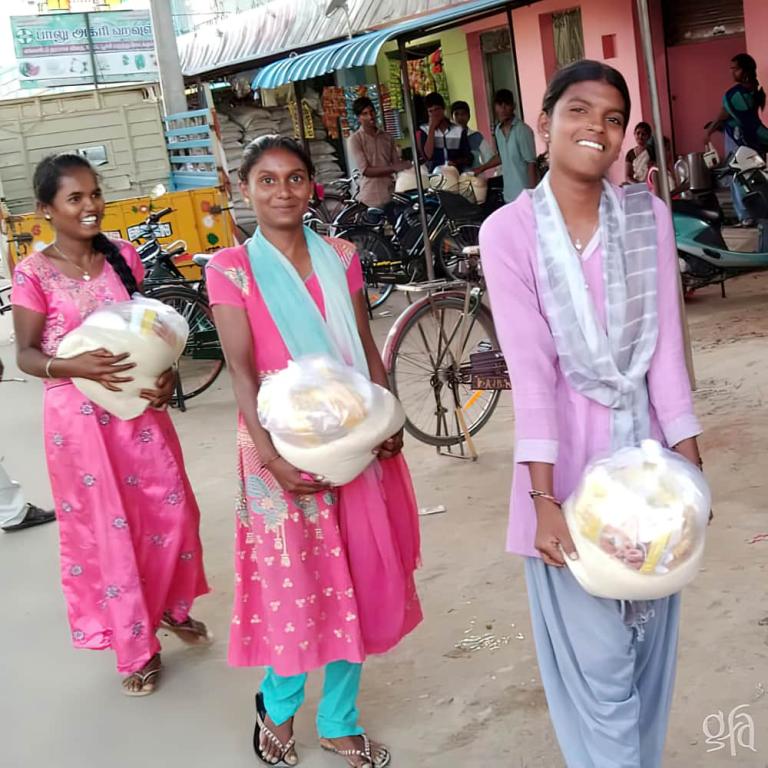
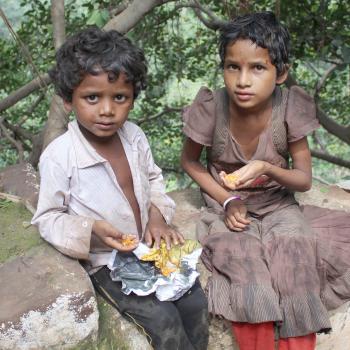
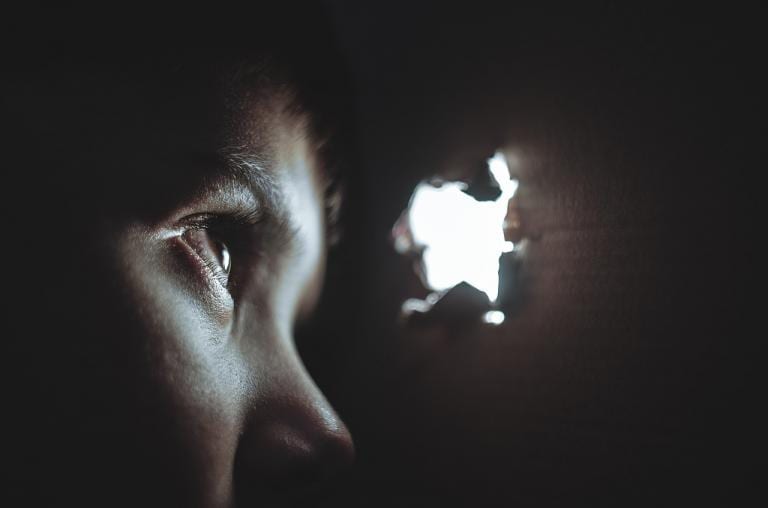
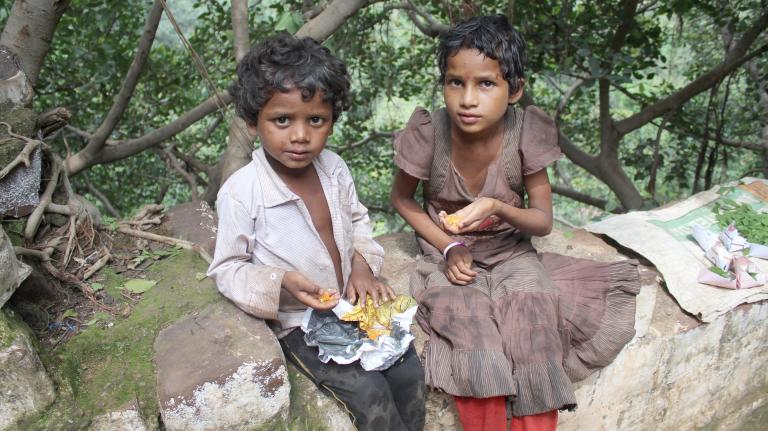
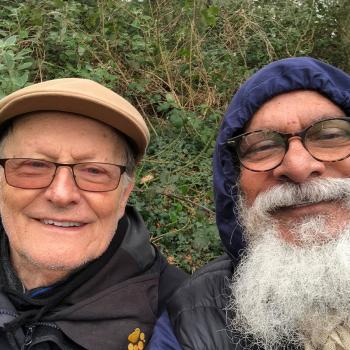
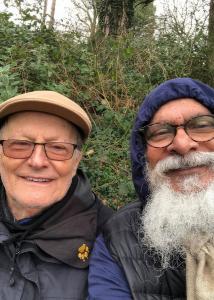

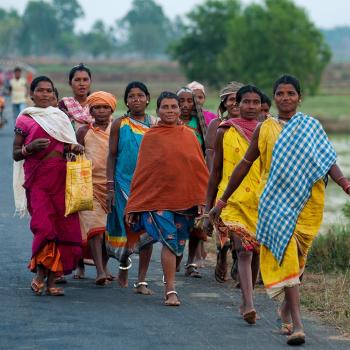
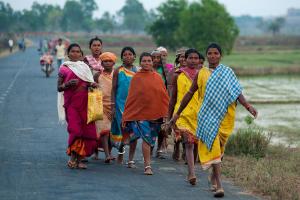
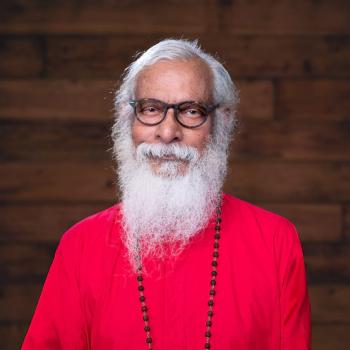
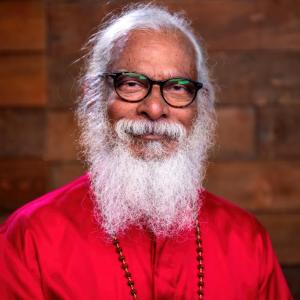 The minute-long program features
The minute-long program features 




